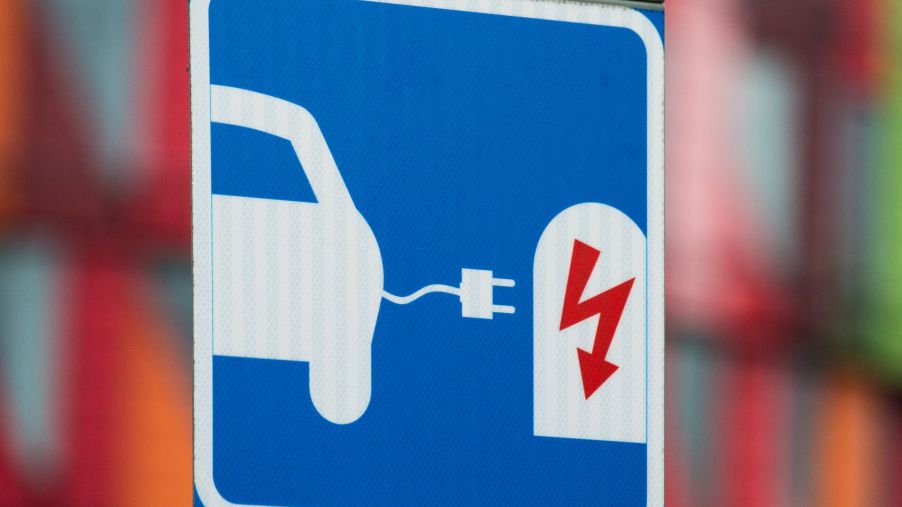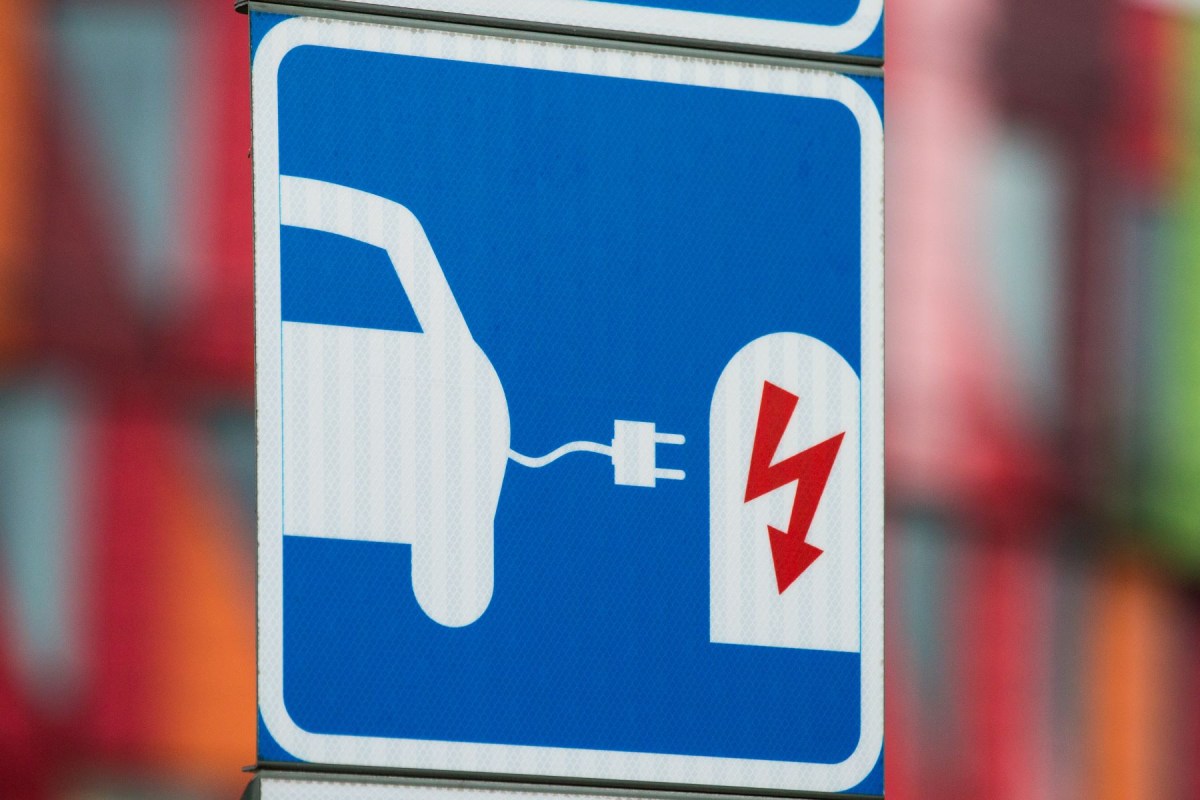
Head of NTSB Raises a Safety Concern of EVs That’s Hiding in Plain Sight
EVs offer a more efficient alternative to gas-powered vehicles, and transitioning to electric vehicles is seen by many as a way to help combat climate change. However, not all news relating to EVs is positive, and one particular safety concern associated with EVs has recently gotten attention. National Transportation Safety Board head, Jennifer Homendy, highlighted how the weight of EVs could be a problem.

What the NTSB head said about EV weight
NPR reports that Jennifer Homendy discussed how the size of electric vehicles could result in more dangerous accidents. She drew particular attention to the monstrous weight of the Hummer EV.
At 9,000 pounds, the electric Hummer is exceptionally heavy even by EV standards, and if it were to be in a crash with a smaller vehicle, the Hummer would likely cause severe, possibly even deadly damage.
Part of the issue of electric vehicle weight is inevitable because of the weight of batteries. These batteries often weigh thousands of pounds for cars to travel distances of 300 miles or more on a single charge. Few drivers want an EV with less range, so until technology allows for smaller batteries, EVs are likely going to continue to be heavy.
Homendy highlighted how when electric vehicles are compared to similar gas-powered models, the EVs are still considerably more expensive. For example, Ford sells a combustion engine F-150 pickup as well as the electric F-150 Lightning. The electric version of this truck is at least 2,000 pounds heavier, likely due to the weight of the battery.
EVs aren’t the only heavy cars on the road
While the weight of EV batteries raises a significant safety concern, extraordinarily heavy gas-powered cars also pose a potential problem. In recent years, bigger vehicles like trucks and SUVs have been considerably more popular in the United States than small cars.
The Hummer EV crash example stated above is an extreme example of what would happen if a heavy car and a light car collided, but it would still be dangerous for a gas-powered SUV to collide with a smaller car.
The NPR article states that when one vehicle in a crash is 1,000 pounds heavier than the other, it drastically increases the chances that the accident results in a fatality. This means that even though the weight of electric vehicles is a problem, the weight of cars, in general, is also a potential safety problem.
What can be done about this safety concern?
Jennifer Homendy has drawn attention to the safety of EVs by pointing out how the heaviness of electric cars could make them dangerous to other drivers on the road. If this is the case, then what should be done about this moving forward?
Because the problem area with EVs is the weight of their batteries, the most effective solution would be for manufacturers to find ways to create lighter batteries. This would help to significantly reduce the weight of EVs, but developing this sort of technology will not be easy.
In the meantime, the batteries create a dilemma. The size of the batteries is necessary for EVs to have longer ranges, and it seems unlikely that drivers will be eager to choose smaller batteries with less range.


